Red Borneo Kratom is a unique strain of the Mitragyna speciosa tree, native to the island of Borneo. This tropical...

Kratom on Liver Health: Understanding the Risks and Responsible Usage
The herbal supplement Kratom has gained significant popularity as a natural remedy for pain relief, anxiety, and opioid withdrawal. However, as its use has become more widespread, concerns have been raised about the potential impact of Kratom on liver health. With the growing interest in this botanical substance, it's essential to understand the relationship between Kratom and liver function to make informed decisions about its use.
Understanding the Liver's Role
The liver is a vital organ that plays a crucial role in our overall health and well-being. It is responsible for a wide range of critical functions, including the metabolism of drugs and toxins, the production of essential proteins, the storage of vitamins and minerals, and the regulation of blood sugar levels. Given the liver's central role in the body's systems, maintaining its health is of the utmost importance.
Damage or dysfunction of the liver can have serious consequences, leading to a range of issues such as jaundice, fatigue, abdominal pain, and even liver failure. Therefore, it is crucial to be aware of any factors that may potentially impact liver health, including the use of herbal supplements like Kratom.
Kratom and Liver Health
As the popularity of Kratom has increased, so too has the research examining its potential effects on the liver. It's significant to note that the research on the relationship between Kratom and liver health is still relatively limited, and more studies are needed to fully understand the extent and mechanisms of Kratom's impact. However, the existing evidence suggests that there is a valid concern regarding the potential for Kratom to cause liver damage, particularly with prolonged or high-dose use.
Symptoms of Liver Damage from Kratom Use
If Kratom is indeed causing liver damage, it's crucial to be aware of the potential symptoms that may indicate a problem. Some of the most common signs of liver damage from Kratom use include:
-
Jaundice (yellowing of the skin and whites of the eyes)
-
Abdominal pain or discomfort
-
Nausea and vomiting
-
Loss of appetite
-
Fatigue and weakness
-
Dark-colored urine
-
Pale or clay-colored stools
If you experience any of these symptoms while using Kratom, it's essential to seek medical attention immediately. Liver damage can progress rapidly and, in severe cases, lead to life-threatening complications like acute liver failure.
Potential Complications and Risks
The risks associated with Kratom-induced liver damage can be severe and far-reaching. One of the most serious potential complications is acute liver failure, a condition in which the liver suddenly loses its ability to function effectively. This can lead to a buildup of toxins in the body, and in the most severe cases, may require a liver transplant to save the patient's life.
Other potential complications of Kratom-related liver damage include:
-
Cirrhosis: A chronic condition characterized by the scarring and hardening of the liver, which can ultimately lead to liver failure.
-
Portal hypertension: Increased blood pressure in the portal vein, which can cause the development of varicose veins in the esophagus and stomach, increasing the risk of internal bleeding.
-
Hepatic encephalopathy: A neurological condition caused by the buildup of toxins in the brain due to liver dysfunction, leading to confusion, disorientation, and even coma.
These complications underscore the importance of being vigilant about the potential risks associated with Kratom use and seeking immediate medical attention if any signs of liver damage arise.
Responsible Kratom Use: Dosage and Safety Considerations
While the research on Kratom's impact on the liver is still emerging, there are some general guidelines and safety considerations that can help mitigate the potential risks:
-
Dosage: It's recommended to start with a low dose of Kratom (1-2 grams) and gradually increase the amount as needed, rather than jumping straight to higher doses. Exceeding the recommended dosage can increase the risk of adverse effects, including potential liver damage.
-
Frequency of Use: Kratom should be used sparingly and not on a daily basis. Prolonged or frequent Kratom use may increase the risk of liver toxicity and other health problems.
-
Pre-existing Conditions: Individuals with pre-existing liver conditions or other underlying health issues should exercise caution and consult with a healthcare professional before using Kratom, as they may be at a higher risk of experiencing adverse effects.
-
Polypharmacy: The concurrent use of Kratom with other medications, supplements, or substances can increase the risk of liver damage and other complications. It's crucial to inform your healthcare provider about all substances you are using to ensure safe and informed decision-making.
Protecting Liver Health: Lifestyle and Dietary Considerations
In addition to being mindful of Kratom use, there are several lifestyle and dietary factors that can help support liver health and potentially mitigate the risks associated with Kratom:
-
A Balanced Diet: Consuming a diet rich in fruits, vegetables, whole grains, and lean proteins can provide the liver with the necessary nutrients and support its proper functioning.
-
Hydration: Staying well-hydrated by drinking plenty of water can help the liver flush out toxins and maintain optimal function.
-
Alcohol Moderation: Excessive alcohol consumption can significantly damage the liver, so it's essential to limit or avoid alcohol use while using Kratom or recovering from Kratom-induced liver damage.
-
Regular Exercise: Physical activity can help improve blood flow to the liver and support overall liver health.
-
Reversing Liver Damage: Treatment and Recovery
If Kratom use has resulted in liver damage, it is possible for the liver to recover, but the process may require medical intervention and ongoing monitoring.
In mild cases of Kratom-induced liver damage, the first step is to immediately discontinue Kratom use and allow the liver time to heal. This may involve regular blood tests to monitor liver enzyme levels and ensure they are returning to normal.
In more severe cases, such as those involving acute liver failure, immediate and aggressive medical treatment may be necessary. This could include hospitalization, the administration of medications to support liver function, and in the most extreme cases, a liver transplant.
The recovery process can be lengthy and may require ongoing follow-up with a healthcare provider to ensure the liver is healing properly and to monitor for any residual damage or complications.
The Bottom Line
As the popularity of Kratom continues to grow, it's essential to approach its use with caution and a clear understanding of the potential impact on liver health. While the research on this topic is still evolving, the existing evidence suggests that Kratom use, particularly at high doses or with prolonged use, may be associated with risk of liver damage and serious complications.
Being aware of the potential risks, following responsible usage guidelines, and prioritizing overall liver health through lifestyle and dietary choices, individuals can make more informed decisions about the use of Kratom. Ultimately, it's crucial to consult with a healthcare professional before incorporating Kratom into one's wellness routine, as they can provide personalized guidance and support to ensure the safe and responsible use of this herbal supplement.
For Someone who seeks for responsible use of Kratom, make sure you get high-quality Kratom that is free from any fillers and pesticides. Visit Speakeasy Kratom, a one stop shop for all your Kratom needs and Kratom guidance.
Disclaimer: Kratom is not approved by the FDA for medical use, and its safety and efficacy have not been thoroughly established. It is important to exercise caution when using Kratom and to be aware of the potential risks, including the impact on liver health. Consult with a healthcare professional before incorporating Kratom into your wellness routine, and follow responsible usage guidelines for overall well-being.








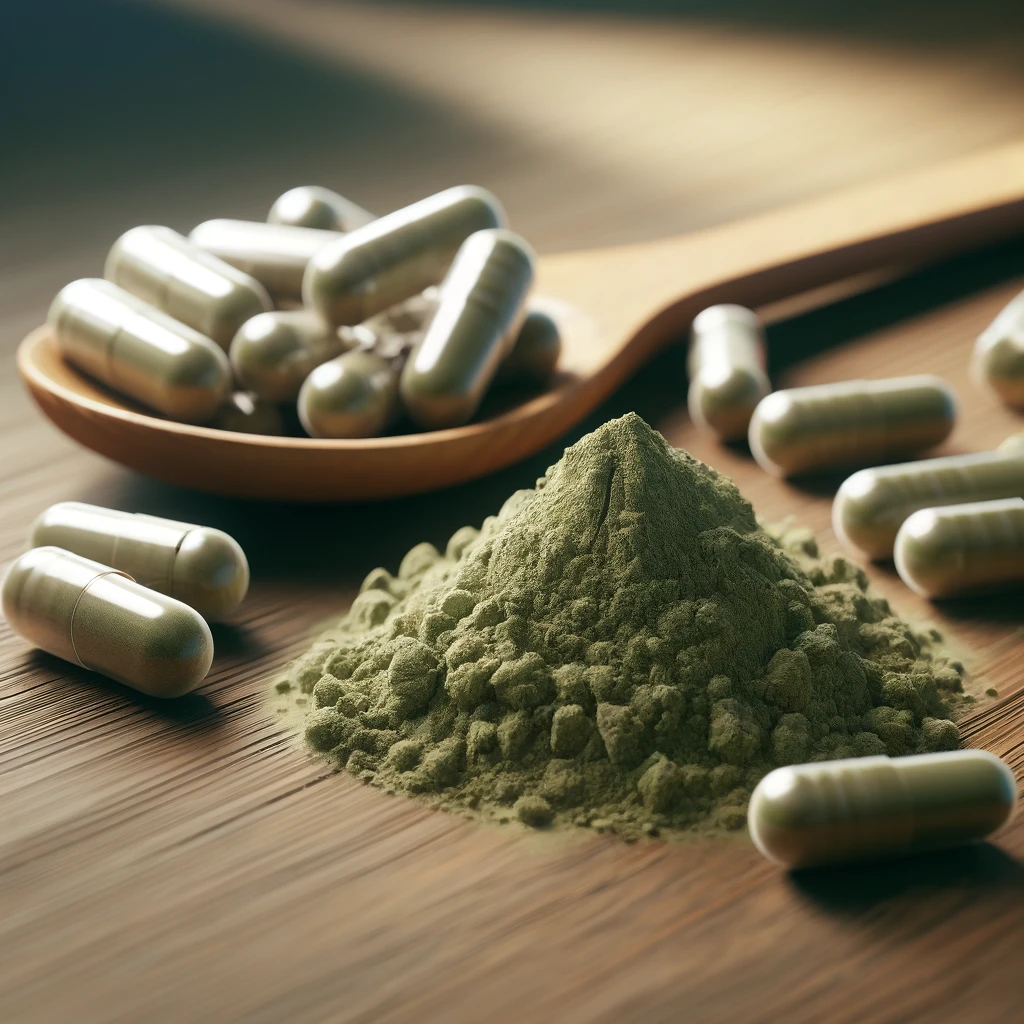


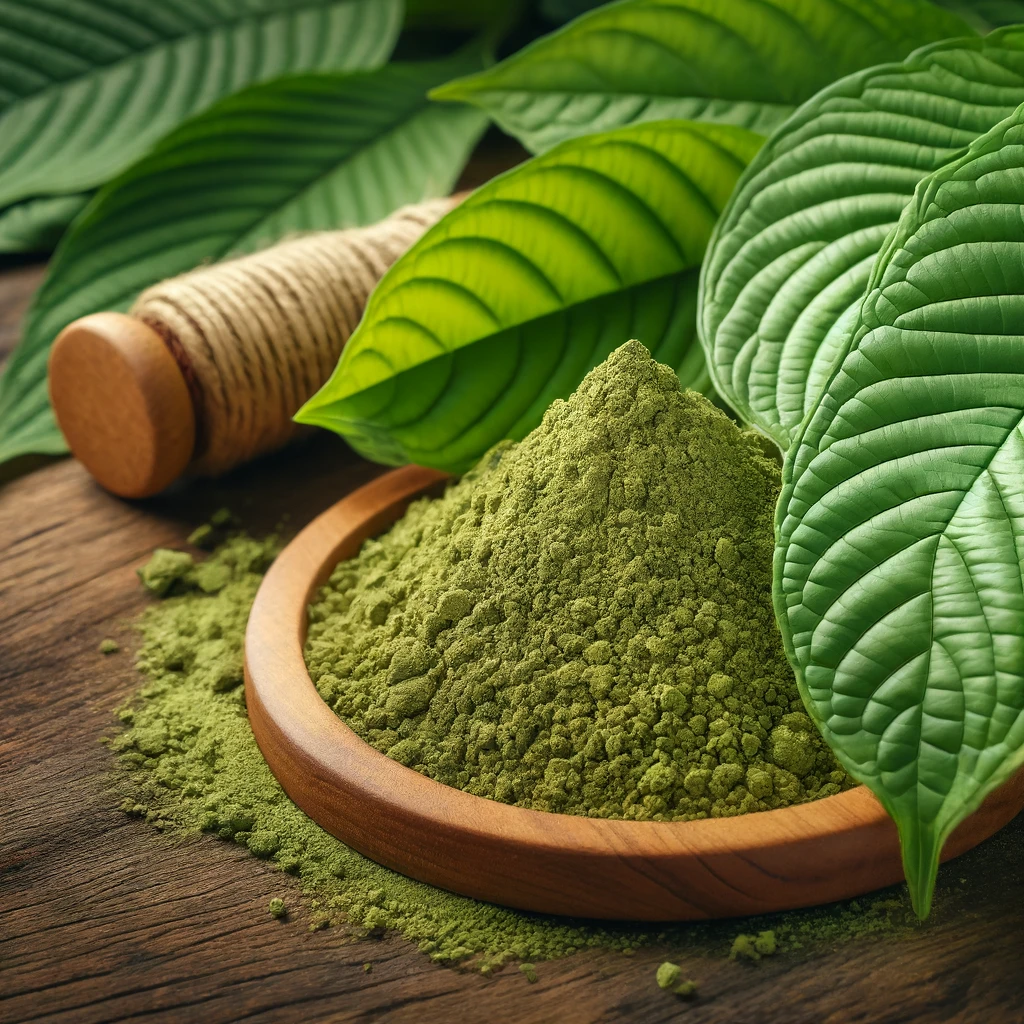
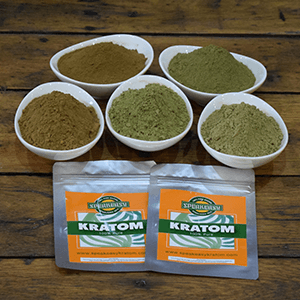

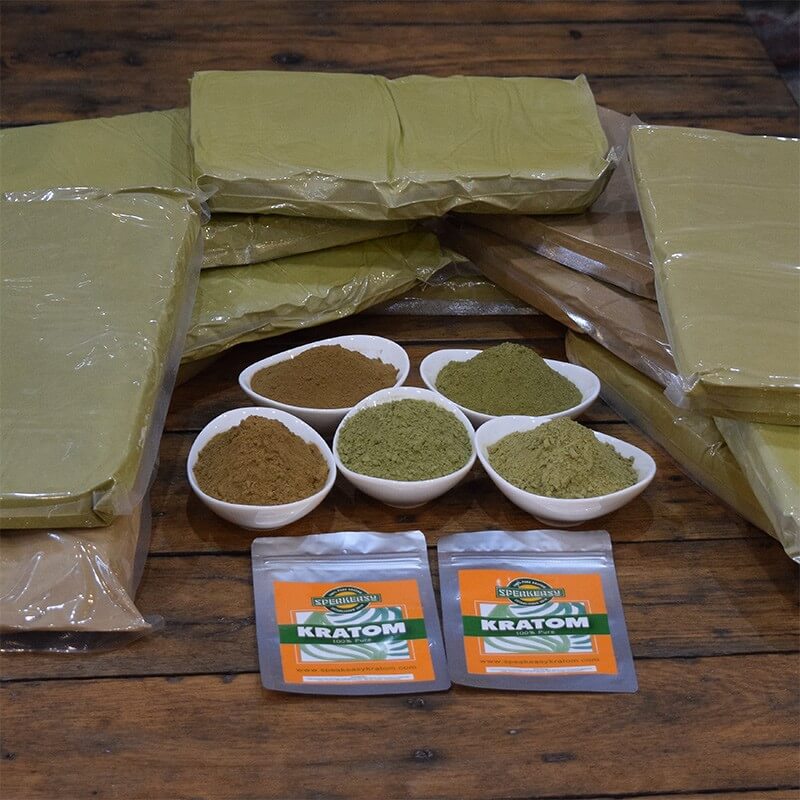
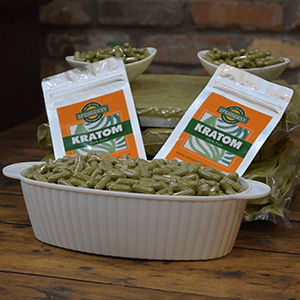

Leave a comment